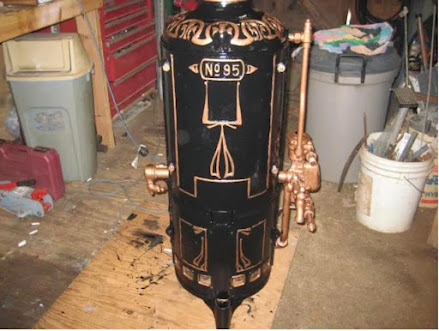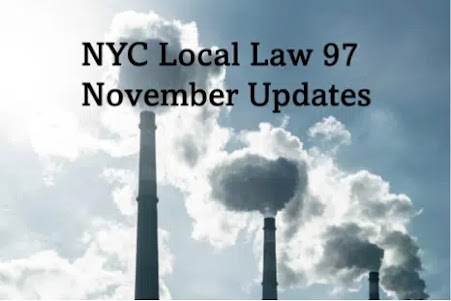Domestic Hot Water Solutions for Older Commercial Buildings

The graying of residential buildings is a very real problem for building owners, especially in older US cities like New York and Boston. In fact, in a recent study published using data from NYC’s PLUTO database, one can determine that the median age of a surviving residential building in greater NYC is over 90 years old! As initiatives like Local Law 97 and other go-green rebate programs drive upgrades and updates to heating system infrastructure,the other frontier in the upgrade of these buildings has to do with their solutions to domestic hot water and the ever increasing difficulty of delivering consistent, and safe hot water to residents. With the dramatic increase in reported cases of deadly legionella bacteria in the water supply across the country (including recent outbreaks in NYC ) the pressure is on for building owners to provide updated solutions that satisfy city regulations for safety, provide safe, consistent temperatures to folks at their sinks and showers, and do i
